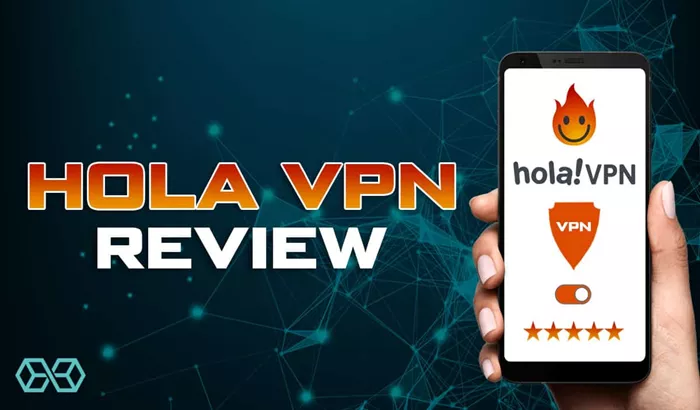In today’s digital age, maintaining online privacy and security is more crucial than ever. Virtual Private Networks (VPNs) have become essential tools for safeguarding personal information and accessing restricted content. One such VPN service is Hola VPN. But is Hola VPN legitimate? Let’s delve into its features, privacy policies, security measures, and overall reliability to determine if it’s a trustworthy choice for your online needs.
What is Hola VPN?
Hola VPN is a free VPN service that claims to provide users with secure and anonymous internet browsing. Unlike traditional VPNs that use dedicated servers, Hola operates on a peer-to-peer (P2P) network model. This means that users’ devices act as exit nodes, routing traffic for other users. While this approach allows for free access, it raises significant concerns regarding privacy and security.
How Does Hola VPN Work?
Hola VPN’s P2P model functions by sharing users’ idle bandwidth with others. When you use Hola, your device becomes an exit node, allowing other users to route their internet traffic through your IP address. In return, you can access content that might be restricted in your region. However, this system means that your internet connection is used by others, potentially exposing you to various risks.
Privacy Concerns
One of the most significant issues with Hola VPN is its data logging practices. The service collects extensive user data, including:
- IP addresses
- Browsing activities
- Payment and billing information
- Email addresses and personal details
- Information about installed applications on your device
- Social media account data
This data retention policy can last up to 12 months, posing a significant threat to user privacy.
Security Risks
Hola VPN lacks robust security features. It does not offer encryption for free users, leaving your data vulnerable to interception. Even for premium users, the service’s security measures are inadequate compared to industry standards. Additionally, the absence of a kill switch means that if the VPN connection drops, your real IP address could be exposed.
Past Security Incidents
Hola VPN has a history of security breaches. In 2015, it was revealed that the service had been selling users’ bandwidth to its sister company, Luminati, which used it for various purposes, including launching cyberattacks. More recently, in 2021, hackers exploited vulnerabilities in Hola’s Chrome extension to redirect users to phishing sites, highlighting ongoing security concerns.
Performance and Features
Despite its privacy and security shortcomings, Hola VPN offers some appealing features:
- Streaming: It can access major streaming platforms like Netflix, Hulu, and BBC iPlayer.
- Speed: The P2P model allows for relatively fast connection speeds.
- Ease of Use: The interface is user-friendly, making it accessible for beginners.
However, these benefits come at the cost of significant privacy and security risks.
Alternatives to Hola VPN
Given the concerns surrounding Hola VPN, it’s advisable to consider alternative VPN services that prioritize user privacy and security. Here are some reputable options:
NordVPN
Offers robust security features, including AES-256 encryption, a strict no-logs policy, and a large server network across 118 countries.
ExpressVPN
Known for its high-speed connections, strong security protocols, and user-friendly interface.
Surfshark
Provides unlimited device connections, strong encryption, and a no-logs policy at an affordable price.
Private Internet Access (PIA)
Offers a vast server network, strong security features, and a commitment to user privacy.
CyberGhost
Provides a user-friendly interface, strong security measures, and a large server network optimized for streaming.
Conclusion
While Hola VPN may seem appealing due to its free service and certain features, it poses significant risks to user privacy and security. The lack of encryption, extensive data logging, and history of security incidents make it a questionable choice for those seeking a reliable VPN service. It’s advisable to consider alternative VPN providers that offer stronger security measures and a commitment to user privacy.

